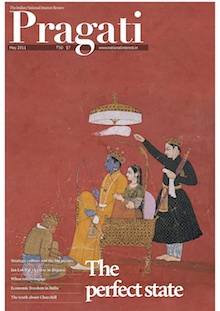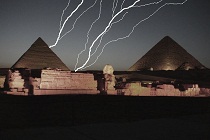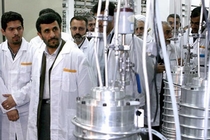U.S. drawdown in Afghanistan: Politics wins over policy
The 10-year old war in Afghanistan has reached a hazy stage as the U.S. announced a quicker withdrawal of troops, with NATO countries soon to follow. The South Asian region will undergo another makeover, hopefully opening doors for New Delhi and Islamabad.











